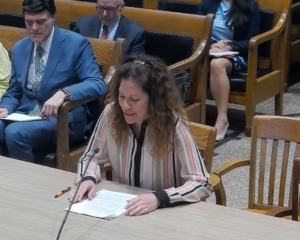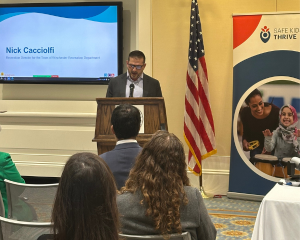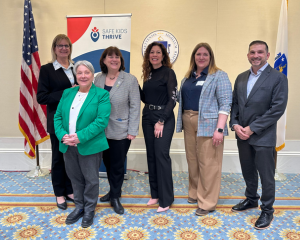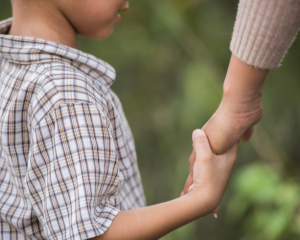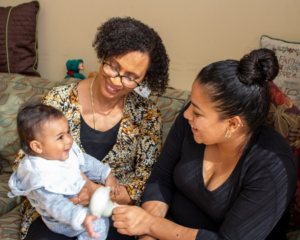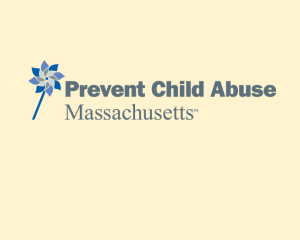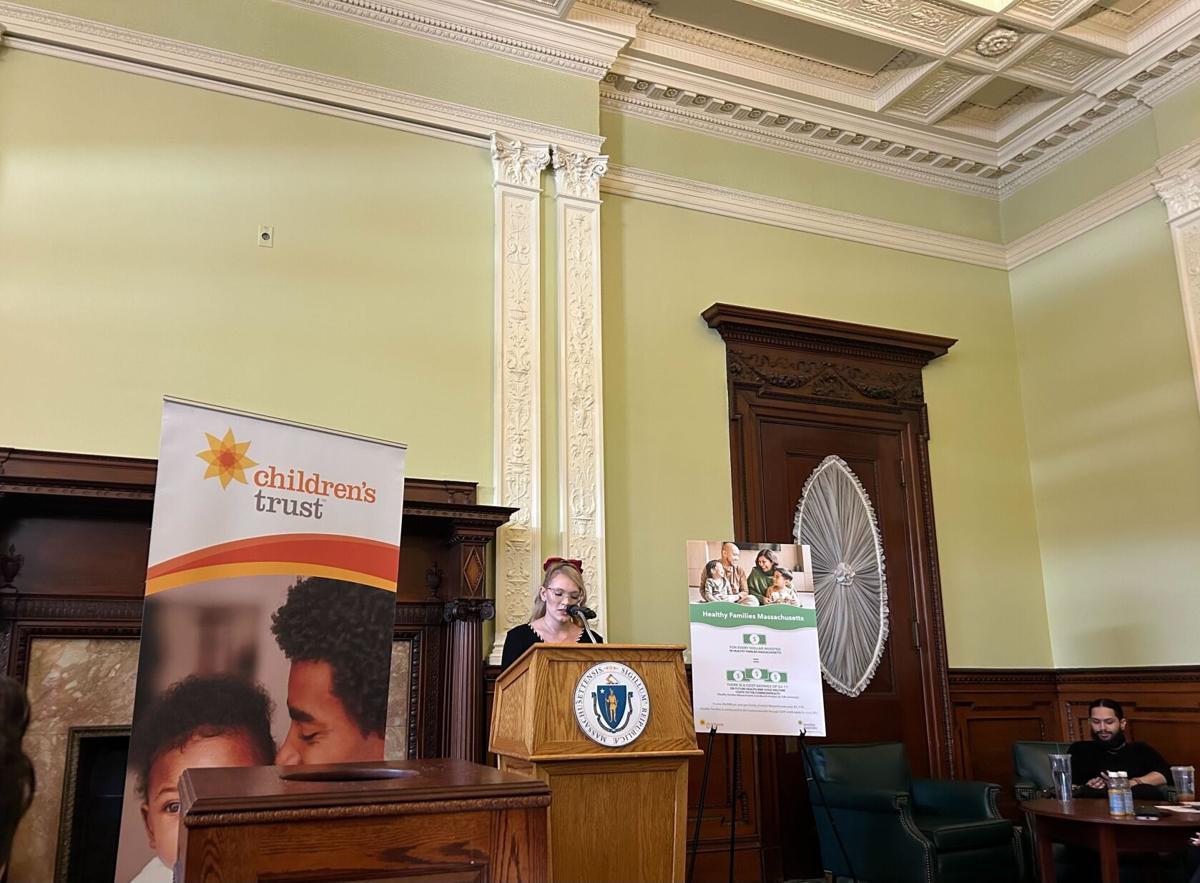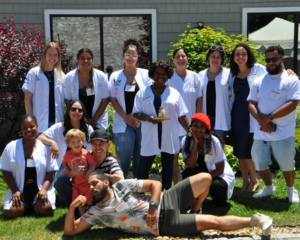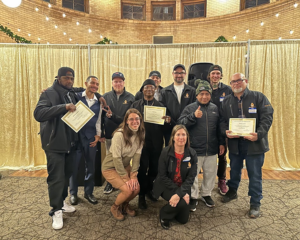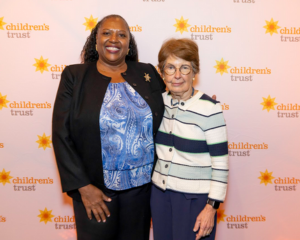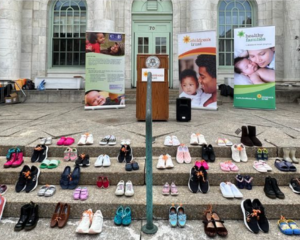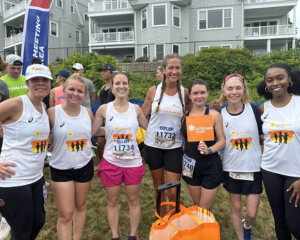
Tammy Bernardi, Prevention Training Specialist
As the pandemic continues to place extra strain on families across Massachusetts, our work to prevent child abuse has become more important than ever. Tammy Bernardi, Prevention Training Specialist, recently spoke on child abuse prevention at a virtual webinar, providing insightful, actionable advice on how adults can both support parents and actively work to keep children safe during the pandemic.
When we think about the children we care about, we can all agree that we want them to be safe and loved, and to grow to be healthy and strong adults. The reality is that this is a job that takes the collective work of all of us.
What we can all do is start with a fundamental agreement that abuse is something we want to prevent and that it is the job of adults to keep children safe.
In order to do the work of keeping kids safe, we need to start with some basic facts, noting that the numbers around abuse shift somewhat regularly as experts learn more and people disclose information as adults. In Massachusetts:
- A child is abused or neglected every 11 - 12 minutes.
- Approximately one in four girls and one in six boys is sexually abused.
- In over 90% of cases, the abuser is someone the child knows and trusts.
- One third of the time, the abuse is by another youth.
We also need to recognize that there are proactive steps adults can take to prevent abuse, including supporting parents as they're feeling especially isolated and stressed during the pandemic.
In our personal lives, we can support the parents we know when they’re feeling isolated and stressed. We can champion causes and laws that support families and prevent child abuse.
We can be a Trusted Adult and let the children we know that no one has the right to hurt, or touch, or ask them to do something that makes them uncomfortable, and that they can go to you if they need support. In our workplaces, we can ask how our environments and policies create systems of safety when we work with children. In our communities, we can ask how the organizations that provide care, education, and fun activities to kids also provide transparency in their safety practices.
Parents can think about and build their own list of Family Safety Rules, which will look different for every family. Parents should also think about who is spending time with their children and how well they know those people. Parents are also the ones who send their children to programs and activities in their communities, so we want parents to feel empowered to ask questions about child safety and where their children are spending time. By asking the right questions, parents can make sure that these centers and activities have staff, policies, and rules that agree with their own Family Safety Rules.
Providers (people who work with children in a structured environment, such as childcare, school, sports programs, etc.) hold an especially important role in keeping children safe, and transparency is key. Providers can address child safety by reviewing processes and procedures their organization already has in place, while also seeing how they can build stronger policies and practices. Safe Kids Thrive is a powerful tool providers can use to keep children safe and build trust with parents. Safe Kids Thrive is a new, first-of-its-kind website that helps child- and youth-serving organizations prevent child sexual abuse with customizable plans and training tools.
As you can see, while child abuse is a problem, there is a lot we can do together to keep the children in our lives and in our communities safer. If we all take one step, it will go a long way in strengthening and building stronger and safer communities.


